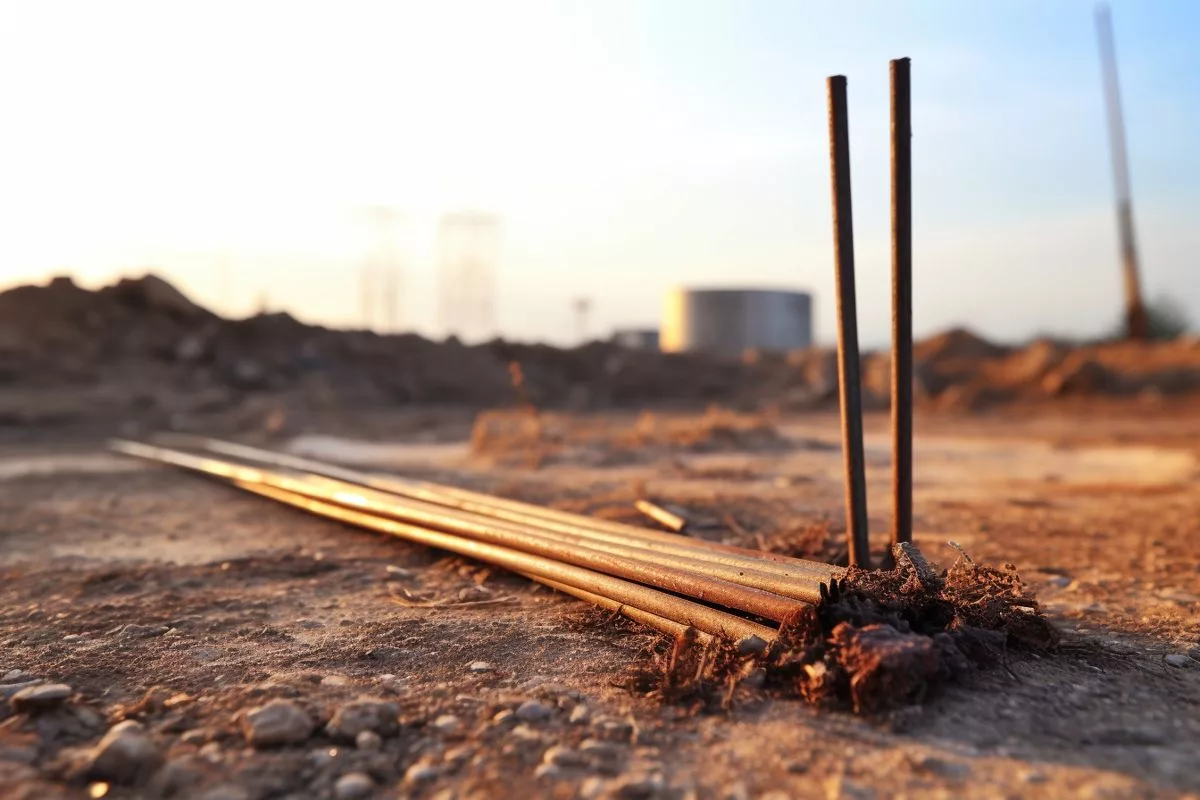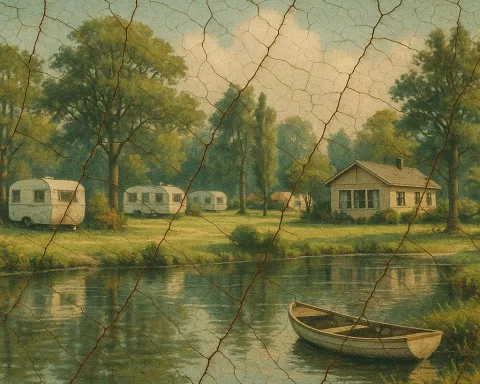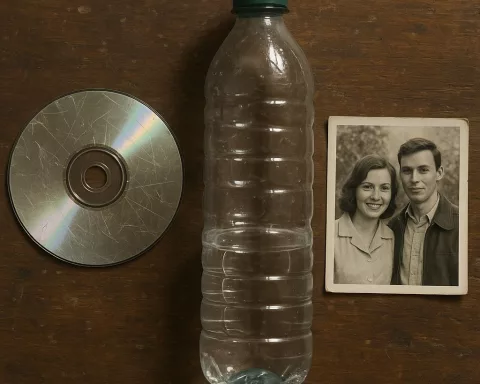ArcelorMittal South Africa, the country’s unit of the world’s second-largest steelmaker, has decided to shut down its long steel products division due to infrastructure challenges and weakened demand, affecting around 3,500 jobs. The announcement has triggered a significant drop in the company’s share value, revealing the challenging economic environment it is currently facing. The steel industry in South Africa has been grappling with challenges such as limited infrastructure spending, project delays, rail logistics problems, and an escalating electricity crisis, leading to substantial business costs. This decision underscores the challenges heavy industries face in adapting to fluctuating market dynamics and infrastructural constraints.
ArcelorMittal South Africa, the country’s unit of the world’s second-largest steelmaker, has announced its plans to shut down its long steel products division, affecting approximately 3,500 jobs. This decision has been made due to the infrastructure challenges and weakened demand, sending ripples through South Africa’s steel sector.
Market Reaction
The announcement of the plan has triggered a significant drop in the company’s share value, revealing the challenging economic environment that ArcelorMittal South Africa is currently facing.
Infrastructure and Energy Challenges
The steel industry in South Africa has been grappling with challenges such as limited infrastructure spending, project delays, rail logistics problems, and an escalating electricity crisis, leading to substantial business costs. A 20% decrease in steel consumption over the past seven years is at the heart of the problem.
Broader Economic Implications
The impact of this decision extends beyond financial figures, with the long steel unit being reputed for its production of fencing materials, rail, rods, and bars – all essential for sectors spanning construction, mining, and manufacturing. The closure evokes concerns among government officials and the public, signaling deeper issues in the country’s industrial and energy sectors.
Labor Union’s Reaction
Solidarity, a leading labor union, has requested a formal notice for the planned redundancies, which is a legal requirement under South African law. The union highlighted the necessity for a consultation process before significant announcements of this nature.
Financial Strain on ArcelorMittal South Africa
ArcelorMittal South Africa has reported a headline loss of 448 million rand for the first half of the year, which is attributed to an ongoing electricity crisis, high inflation, and weakened demand from key steel-consuming sectors.
Strategic Decision for the Future
The CEO of ArcelorMittal South Africa, Kobus Verster, has commented on the necessity of ensuring the business’s sustainability in the long term, in the interest of the company and its stakeholders. The closure raises broader economic implications for South Africa, underscoring the challenges heavy industries face in adapting to fluctuating market dynamics and infrastructural constraints.
In the face of these challenges, ArcelorMittal South Africa has affirmed its commitment to engaging with affected parties, including unions and employees, to manage the impact of this decision effectively. The narrative of the South African steel industry is changing, and all stakeholders are keenly watching the unfolding developments.
What is the reason behind ArcelorMittal South Africa’s decision to shut down its long steel products division?
The decision to shut down the long steel products division has been made due to infrastructure challenges and weakened demand, leading to substantial business costs.
How has the market reacted to the news of the shutdown?
The announcement of the plan has triggered a significant drop in the company’s share value, revealing the challenging economic environment that ArcelorMittal South Africa is currently facing.
What challenges is the steel industry in South Africa grappling with?
The steel industry in South Africa has been grappling with challenges such as limited infrastructure spending, project delays, rail logistics problems, and an escalating electricity crisis, leading to substantial business costs.
How will the closure of the long steel unit impact the broader economic landscape?
The closure of the long steel unit evokes concerns among government officials and the public, signaling deeper issues in the country’s industrial and energy sectors. The long steel unit produces essential materials for sectors spanning construction, mining, and manufacturing.
What has the labor union requested in response to the planned redundancies?
Solidarity, a leading labor union, has requested a formal notice for the planned redundancies, which is a legal requirement under South African law. The union highlighted the necessity for a consultation process before significant announcements of this nature.








